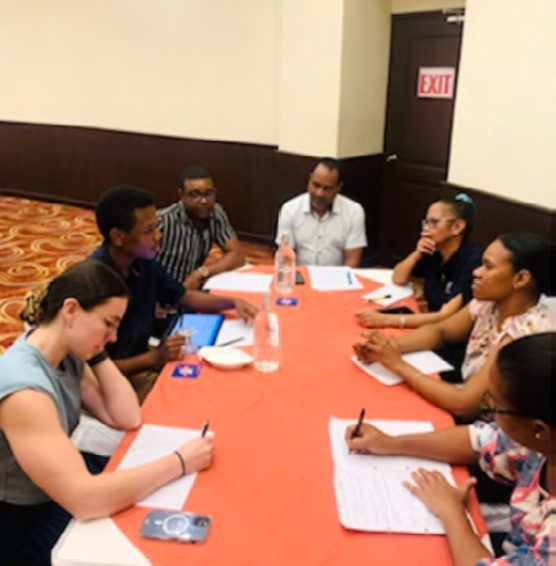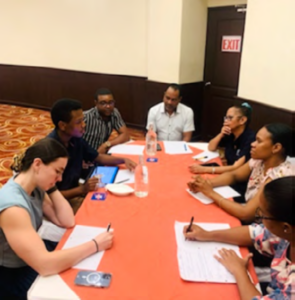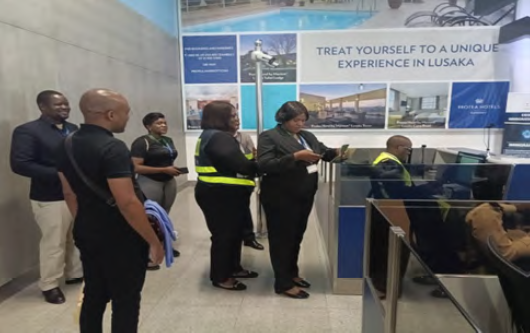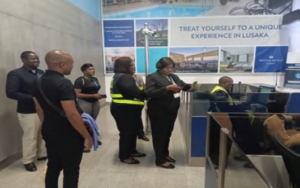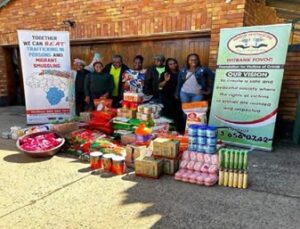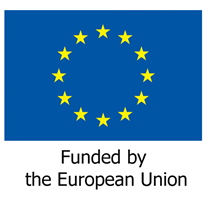___________________________________________________________________________
Date: 20th June, 2024
Venue: TBC Cape Town, South Africa
Time: 09H00 – 15H00
__________________________________________________________________________________
The Southern Africa Migration Management (SAMM) Project has the pleasure to invite you to be part of launching a Media Toolkit “Reporting on Labour Migration in the SADC Region”. The main objective of the media toolkit is to improve the quality of media coverage related to labour migration. The toolkit will also contribute to advocacy work among employer organizations, trade unions, civil society organizations, governments, and policymakers to improve the working and living conditions of migrant workers and to reduce labour exploitation practices.
At the same time, the SAMM project will be hosting the “Labour Migration Media Competition in the SADC Region” Awards Ceremony that will be taking place in Cape Town, South Africa on 20th June, 2024. The objective of the competition is to contribute to combat hate speech, discrimination and xenophobia against migrant workers and to support changing the negative perceptions and attitudes towards them and their families through evidence or fact-based journalism and broadcasting that contribute to eliminate public misconceptions. Indeed, this Media Competition hopes to promote media awareness towards a fair and balanced reportage that recognizes migrant workers’ contribution to the economic growth and development of countries of origin, transit and destination in the SADC region.
The Launch Event and Awards Ceremony includes participation of media personnel and communication professionals working in broadcast, print, electronic, digital, and social media who are from, or operate within, the 16 SADC Member States.
Attendance confirmations and media enquiries:
@samm-project@ilo.org /baloyi@ilo.org
Makungu Baloyi
SAMM Communications Officer
WhatsApp: +27 73 131 82| Tel: +27 81 868 5225
 English
English
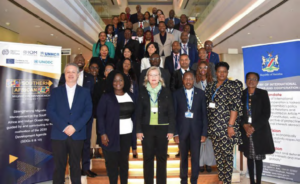 “This workshop marks another milestone in our collective efforts to enhance diaspora engagement,” said Mr Ashraf El Nour, IOM Regional Director for Southern Africa, at the opening ceremony. “By sharing best practices, experiences, and expertise, we aim to build the capacity of SADC member states to effectively harness the potential of their diaspora communities”.
“This workshop marks another milestone in our collective efforts to enhance diaspora engagement,” said Mr Ashraf El Nour, IOM Regional Director for Southern Africa, at the opening ceremony. “By sharing best practices, experiences, and expertise, we aim to build the capacity of SADC member states to effectively harness the potential of their diaspora communities”.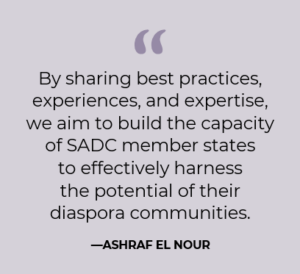 “Migration has been proved to be a fast path to reducing poverty not only for the diaspora but also for families left behind through remittances” said Ambassador Penda Naanda, Executive Director, Ministry of International Relations and Cooperation. “Therefore, the Governments of the SADC Member States need to facilitate the flow of remittances by reducing the cost of remitting money, he concludes”.
“Migration has been proved to be a fast path to reducing poverty not only for the diaspora but also for families left behind through remittances” said Ambassador Penda Naanda, Executive Director, Ministry of International Relations and Cooperation. “Therefore, the Governments of the SADC Member States need to facilitate the flow of remittances by reducing the cost of remitting money, he concludes”.
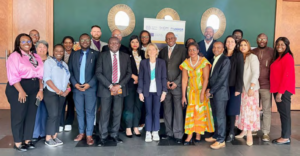

 Across the world, dangerous trends on mixed migration are observed. These include increasingly high numbers of migrants who go missing or die along mixed migration routes, ongoing commodification of refugees and migrants, and rising violent pushbacks and expulsions at borders. Despite these challenges, refugees and migrants are continuing their journeys and often taking great risks. It is therefore essential that policymakers develop better migration policies, based on solid evidence and analysis. With the right policy, legislation and practices in place, Southern Africa Development Community (SADC) countries can achieve fair and effective migration governance fostering a positive impact of international migration in the economic growth and development of countries of origin, transit, and destination.
Across the world, dangerous trends on mixed migration are observed. These include increasingly high numbers of migrants who go missing or die along mixed migration routes, ongoing commodification of refugees and migrants, and rising violent pushbacks and expulsions at borders. Despite these challenges, refugees and migrants are continuing their journeys and often taking great risks. It is therefore essential that policymakers develop better migration policies, based on solid evidence and analysis. With the right policy, legislation and practices in place, Southern Africa Development Community (SADC) countries can achieve fair and effective migration governance fostering a positive impact of international migration in the economic growth and development of countries of origin, transit, and destination.